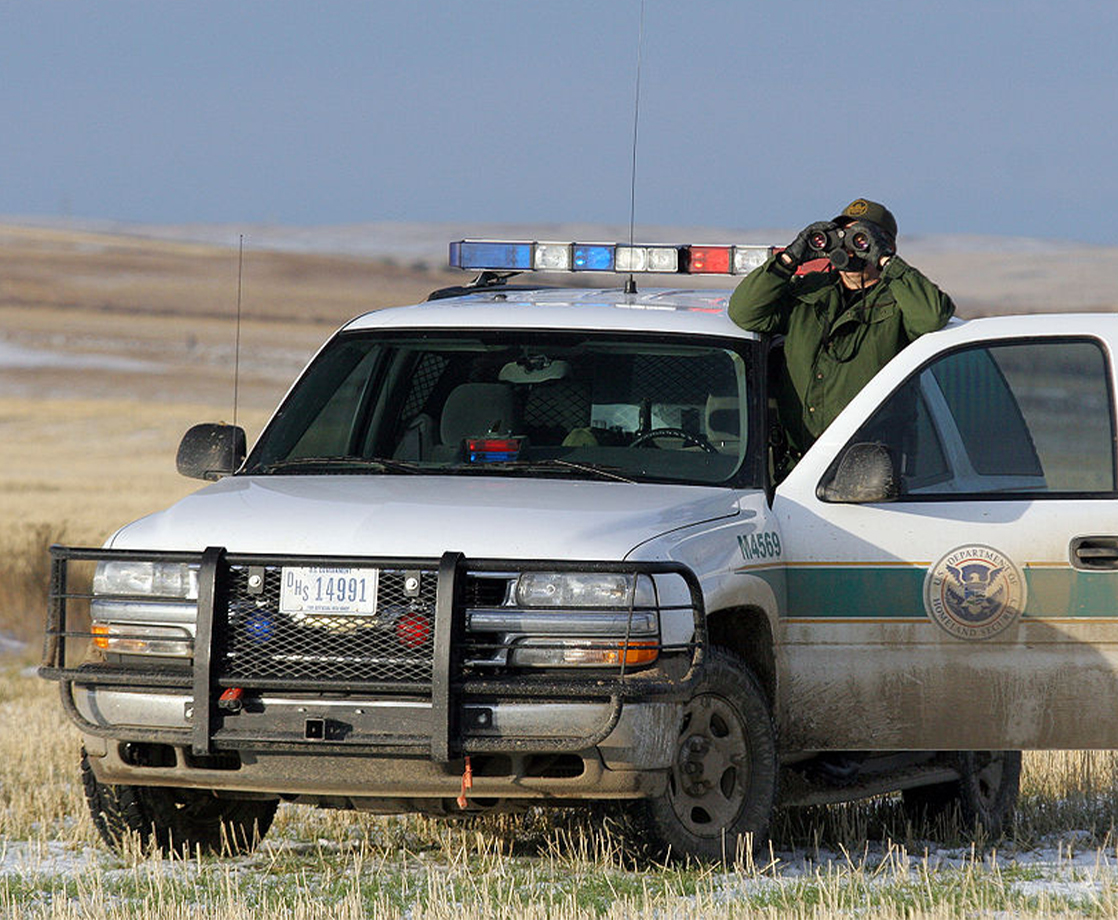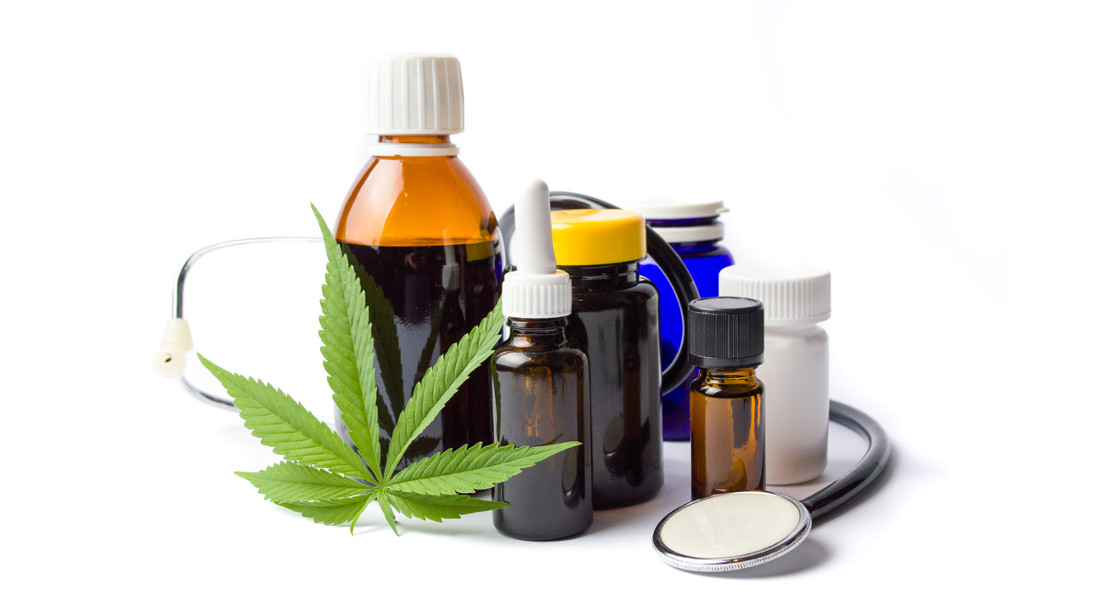When US cops brag about their tight border security and eagle eye for drug smugglers, the feds are usually talking about the country’s controversial crossing into Mexico. But in the wake of Canadian cannabis legalization, border patrol cops are reporting a significant increase in weed seizures at American entry points throughout the Great White North’s border.
According to the Canadian Broadcast Company, US Customs and Border Patrol (CBP) officers stationed at the Canadian border confiscated 2,214 kilograms (4,881 pounds) of pot between November 1st, 2018 and October 31st, 2019. In the same period of time between late 2017 and 2018 — before Canada kicked off legal weed sales — CBP officials tallied only 1,259 kilos, or 2,775 pounds of illicit pot. Compared year over year, that’s a 75% hike in seizures since nationwide legalization took hold.
But while the jump in confiscated weight may seem like a lot, CBP officials made an effort to downplay the newly released stats, pointing at a relatively modest increase in the number of individual stops that resulted in a cannabis seizure. In the year before legalization, border cops found weed during 3,139 stops, compared to 3,917 criminal seizures last year.
“Although the CBP recognizes an increase in marijuana seizures and incidents, seizures and incidents normally vary from year to year,” CBP spokesperson Kris Grogan told CBC.
For Canadian cannabis experts, the growing cannabis seizure statistics are a potential symptom of larger local issues, including a bloated black market and pressure from local authorities pushing illicit operators to do business out of country. But at the same time, struggles in the legal market have left plenty of room for underground dealers north of the border, adding a bit of confusion to the supposed increase in international pot trafficking.
“There’s the possibility that if they lose the Canadian market, that they’ll focus more effort on shipping it to the United States, places where it is still illegal, or to other countries for that matter,” University of Ottawa drug policy expert Eugene Oscapella told CBC. “But I don’t know that we’ve been successful enough in getting people to shift to the Canadian legal market, that it’s really dented the profits of criminal organizations significantly here.”
Further muddling the data and its implications about cross-border cannabis travel, the new set of CBP stats do not include how much marijuana was confiscated in each seizure. Despite the spike in the amount of weed taken, it is not clear if that is the result of a small number of prolific smugglers, or simply an increase in accidental border crossings with pocket-sized stashes of green contraband.
But no matter the reason for the increase in weed moving across America’s northern border, cops on both sides of the invisible nation line urged travelers to the leave the weed at home, no matter the legal status of the place they’re visiting.
“Canadian laws around travelling with cannabis remain clear and simple: Don’t take it in and don’t take it out,” Jacqueline Callin, spokeswoman for the Canada Border Services Agency told CBC. “It remains illegal to bring cannabis and cannabis products in any form, including edibles and any oils containing THC or cannabidiol, across Canada’s national borders whether you are entering or leaving Canada.”
Follow Zach Harris on Twitter











